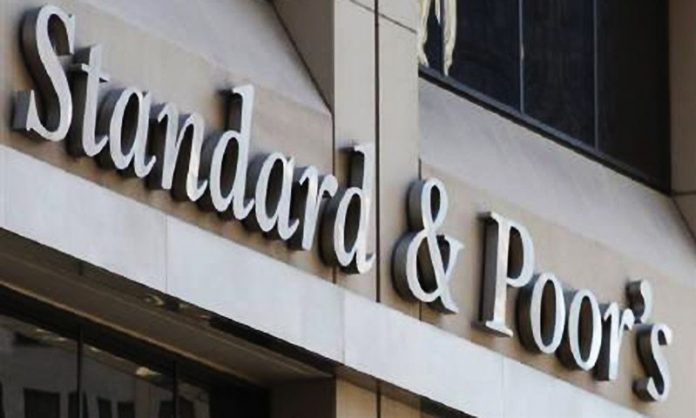Rating agency S&P slashed Sri Lanka’s credit rating to “CCC+/C” on Friday, citing concerns that risks to the island nation’s debt servicing capacity have risen as the COVID-19 pandemic squeezes the government’s ability to generate earnings.
S&P’s downgrade from “B-” follows similar moves by Fitch and Moody’s in recent months and underlines the challenges facing the country as it strives to recover from the pandemic-induced hit to its tourism and garment export industries, its main sources of foreign exchange reserves.
Sri Lanka’s fiscal deficit is likely to remain elevated in the wake of the government’s recent expansionary budget measures, S&P said.
Last month, Finance Minister Mahinda Rajapaksa presented an ambitious budget that aimed to more than halve the fiscal deficit over the medium term.
The measures will likely worsen the government’s heavy indebtedness and add to repayment burden, S&P said.
Sri Lanka’s external profile remained weak, given that the high share of dollar-denominated debt exposed the government to shifts in risk sentiment, it added.
The country has around $4 billion of debt repayments due annually until 2025. Its foreign exchange reserves stand at just under $6 billion, leaving it little room to spare.
S&P expects the fiscal deficit to remain elevated at 10.2% of gross domestic product (GDP) in 2021 and narrow gradually to 8.4% in 2023, while net general government debt will exceed 100% of GDP in 2021 and remain high over the next five years.
Sri Lanka’s own targets see a reduction in debt-to-GDP to 75.5% in 2025, from an estimated 95.1% in 2020.
Sri Lanka’s bond prices fell in the wake of the downgrade, with the July 2021 and July 2026 issues losing around 1 cent, with the latter now at around 57.8 cents on the dollar, Tradeweb data showed.
The bonds fell by more than 40% in the first half of the year, before recovering some ground.
“Sri Lanka does scream as relatively weak in the EM world,” said Trieu Pham, emerging market sovereign debt strategist at ING. “FX reserves are pretty low for an EM economy of that size and they do face a lot of bond redemptions over the next few years.
“If bond prices are to recover it must be driven by fiscal restoration of credibility and that will only come with an IMF programme.”
Source: Reuters
















